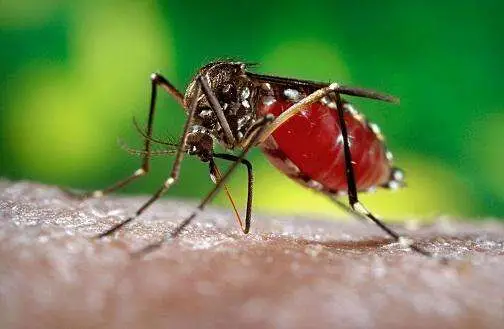GEORGE TOWN, Cayman Islands – A groundbreaking effort to strengthen regional defenses against vector-borne diseases (VBDs) like dengue, chikungunya, and Zika took center stage as health leaders and experts from 15 Caribbean nations convened in the Cayman Islands for a high-impact workshop.
The three-day event, themed “Networking for Improved Responsiveness,” was hosted in partnership with the Caribbean Public Health Agency (CARPHA), the UK Health Security Agency (UKHSA), and the Pan American Health Organization (PAHO). This collaborative initiative underscored the urgency of addressing VBDs, which have increasingly strained public health systems across tropical regions.
PAHO officials emphasized the workshop’s focus on enhancing strategies for surveillance, community engagement, and cutting-edge vector control methods. The gathering was also a pivotal moment for fostering innovation and cross-sector partnerships under the framework of the Global Arbovirus Initiative, launched in 2022.
“This workshop exemplifies the power of unity in addressing shared challenges. Together, we can advance regional health security and reduce the devastating impact of vector-borne diseases,” said Dr. Marcos Espinal, Assistant Director of PAHO.
Tackling a Growing Threat
Vector-borne diseases are escalating public health threats due to climate change, urbanization, and limited resources. Arboviruses such as dengue, yellow fever, and Zika not only endanger lives but also impose significant economic burdens on affected nations.
Participants reviewed the implementation of the Integrated Management Strategy for Arbovirus (IMS-Arbovirus), a PAHO-supported initiative that combines diagnostic innovation and enhanced data systems like the Health Information Platform for the Americas (PLISA).
“Vector-borne illnesses are among the most pressing health crises we face, and solutions demand international collaboration,” noted Dwayne Seymour, Acting Minister for Health in the Cayman Islands.
Key Outcomes of the Workshop
Delegates discussed advancements in surveillance systems, laboratory diagnostics, and community-driven approaches. Highlights included:
- Expanding the Network of Arbovirus Diagnostic Laboratories of the Americas to improve early detection.
- Addressing gaps in vector control using innovative entomological strategies.
- Reviewing the Plan of Action on Entomology and Vector Control 2018–2023, with promising results across several countries.
The event also spotlighted the importance of leveraging partnerships to sustain momentum. Collaborative efforts between CARPHA, UKHSA, and PAHO continue to lay a strong foundation for a more responsive and resilient regional health system.
Charting the Path Forward
As the Caribbean grapples with rising VBD threats, this workshop reaffirmed the region’s commitment to proactive measures and shared knowledge. PAHO and its partners aim to ensure that this momentum translates into tangible, long-term benefits for Caribbean populations.
Through sustained regional cooperation, the Caribbean is not only tackling today’s health crises but also building a future where the burden of vector-borne diseases is significantly reduced.

